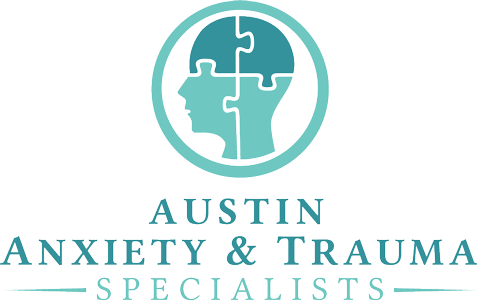At the start of a new year, cultures around the world celebrate traditions that help shuck off the old and don the new. In Greece, onions are hung outside the door to symbolize fertility and growth. Before the Lunar New Year, Taiwanese families clean and purge their households of clutter to make room for good luck in the new year. One festive Argentinian tradition calls for shredding old documents to throw out the window like confetti, symbolizing moving on from the past.
And aside from watching the ball drop, lighting sneaky fireworks, and toasting glasses of champagne at midnight, Americans are pretty familiar with one of the oldest New Year’s traditions, dating back to ancient Babylon some 4,000 years ago: setting New Year’s resolutions.
New Year’s resolutions seem great, in theory. We make plans to improve ourselves, our lives, and our mental health. Our shiny new resolutions every year range from getting in shape to picking up a new skill or hobby to financial stability. These common resolutions are set annually with good intentions, yet we’re just not meeting them. As many as 80% of New Year’s resolutions are ditched by February, leaving feelings of disappointment, anxiety, and even self-loathing. In this article, we’ll list our top seven attainable goals to boost your mental health and tips to achieve them.
Resolutions for Stress, Anxiety, Depression, Trauma, and Self-Esteem
Our wish for you is that the new year be a year of relief, peace, and flourishing mental health for you. Here is our selection of actions you can incorporate into your life through this upcoming year and beyond:
Make time for self-care. Self care means different things to different people: going outdoors, respecting your time boundaries, practicing grounding techniques, prioritizing hobbies, meditating or praying, and/or some of the other resolutions on this list. A therapist can help you figure out the best self-care techniques for you and support you in maintaining them. What’s important is that you make time to do the practices, exercises, and form the habits that best safeguard your mental well-being.
Prioritize your physical health. Diet, exercise, and sleep are pillars of mental health. Early research has proven countless times that exercise helps reduce anxiety, symptoms of depression, and negative mood. But you don’t have to add “exercise every day” to your resolutions. Researchers at Yale and Oxford found that the optimal amount of exercise for mental health is 30-60 minutes, three to five times a week. To maximize those benefits, do your workouts outdoors!
Limit your screen time. It’s easy to fall into the habit of scrolling through social media before bed, especially after a long and tiring day at work. But too much screen time before bed can disturb your sleep quality and consequently, your mental health. Try these five tips to break the cycle. Scrolling in bed after the morning alarm isn’t any better, but there are positive habits you can build into your morning routine instead.
Keep a journal. Journaling shows surprisingly robust benefits to the mind in some eye-opening studies, such as reduced anxiety, depression, stress, and muscle tension as well as improved cognitive and immune functions, memory, sleep quality, and social life. Celebrate every little win you make in your healing journey and keep track of them! Record your highs and lows, and allow yourself to write unfiltered. This blog post on mindful journaling will get you started on techniques and fill you in on best practices to help reduce stress.
Invest in your support system. Social interaction is vital for your mental health and even promotes bodily wellness. Schedule in time with friends and loved ones this year to connect—mindfully. Get out in the fresh air, share your goals (you’ll be more likely to keep them), or try something new together. Learn how to build your social support system and get comfortable with asking for help when you need it.
Be kinder to yourself. Easier said than done, right? Some of us are all too used to telling ourselves, “You’re terrible at this,” “Nobody likes you,” or other harmful things we’d never say to someone we care about. Yet we say these things—and worse— to ourselves. You deserve better than that. You can change the way you think about yourself by learning to identify negative self-talk, validating your feelings, and making constructive changes.
Reach out for help. You don’t have to fight anxiety, depression, trauma, or stress alone. A professional can help you determine your needs and prescribe an effective treatment. You can learn tools to de-stress and ground yourself in the moment of an episode as well as long-term practices that safeguard your mental health. Let the new year be a year of healing.
Make Your Resolutions Last
Take a process-oriented approach to your resolutions this year: focus on developing specific, measurable, healthy habits into your life rather than achieving a single goal. Celebrate your wins and be kind to yourself along the way, because it’s only natural to slip up. The point is to make progress. And to make even greater progress, enlist professional help to actualize your mental health resolutions this coming year.
Our therapists at Austin Anxiety and Trauma Specialists offer online counseling to all residents of Texas. Book a session with us today and we’ll match you with a therapist who can prescribe the right treatment for you. It can get better. We can help.






